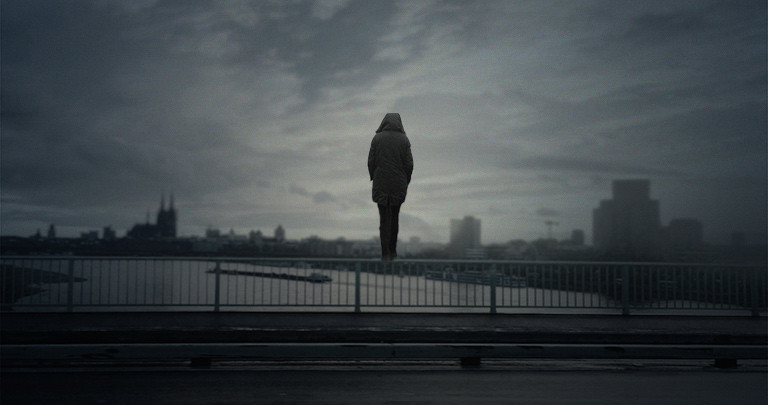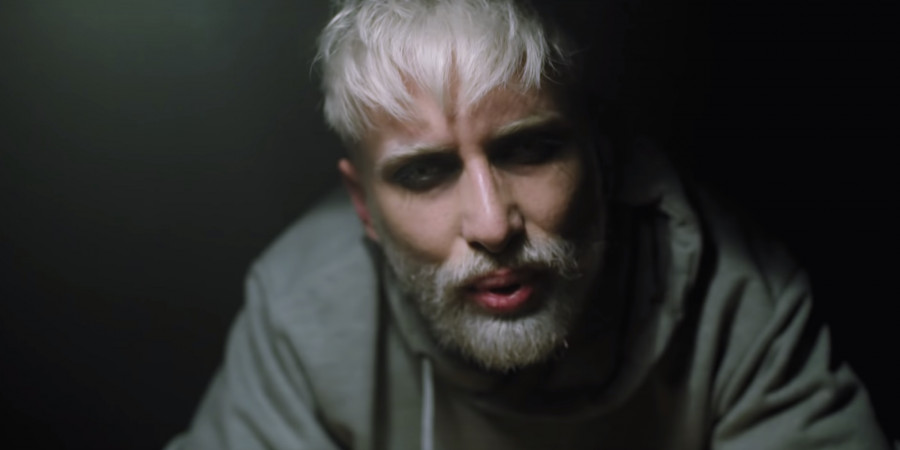Anti-gay crackdown grips East Africa
"Safe spaces are shrinking every day" and soon there may be nowhere to hide
16/Mar/23
1497
Anti-gay crackdown grips East Africa
Kenyan musician Arnold, who came out as gay years ago, recently removed a rainbow flag from his Twitter profile due to fears for his safety amid a wave of virulent homophobia sweeping East Africa. The 35-year-old guitarist, who chose to remain anonymous, explained that he was concerned about the government using social media to identify and detain LGBTQ citizens. He noted that "safe spaces are shrinking every day" and soon there may be nowhere to hide.
Kenya, like many of its neighbours, is currently dealing with a severe cost-of-living crisis and its worst drought in four decades. However, activists argue that these issues have been put on hold as leaders across the political spectrum rally together to unleash a campaign of "state-sponsored homophobia."
Njeri Gateru, the executive director of the Nairobi-based National Gay and Lesbian Human Rights Commission (NGLHRC), warned of the "concerted effort in peddling misinformation and disinformation" that inspires and justifies violence against the LGBTQ community. Homosexuality is illegal in many East African countries, where conservative Muslims and Christians often encourage repression and stigmatization against gays. In Kenya and Tanzania, gay sex is still a crime punishable by up to 14 years in prison under colonial-era laws. While convictions are rare, these laws have made the LGBTQ community easy targets for police harassment and online attacks.
Conditions have worsened since the most recent wave of homophobia took hold. Last month, NGLHRC recorded 117 attacks in Kenya against people perceived to be LGBTQ, up from 78 in January. Despite the legal threats, gay rights groups have been allowed to operate in Kenya, unlike in neighbouring nations such as Somalia. However, with the current trend, Arnold's fears may be well-founded.
Powered by Froala Editor



